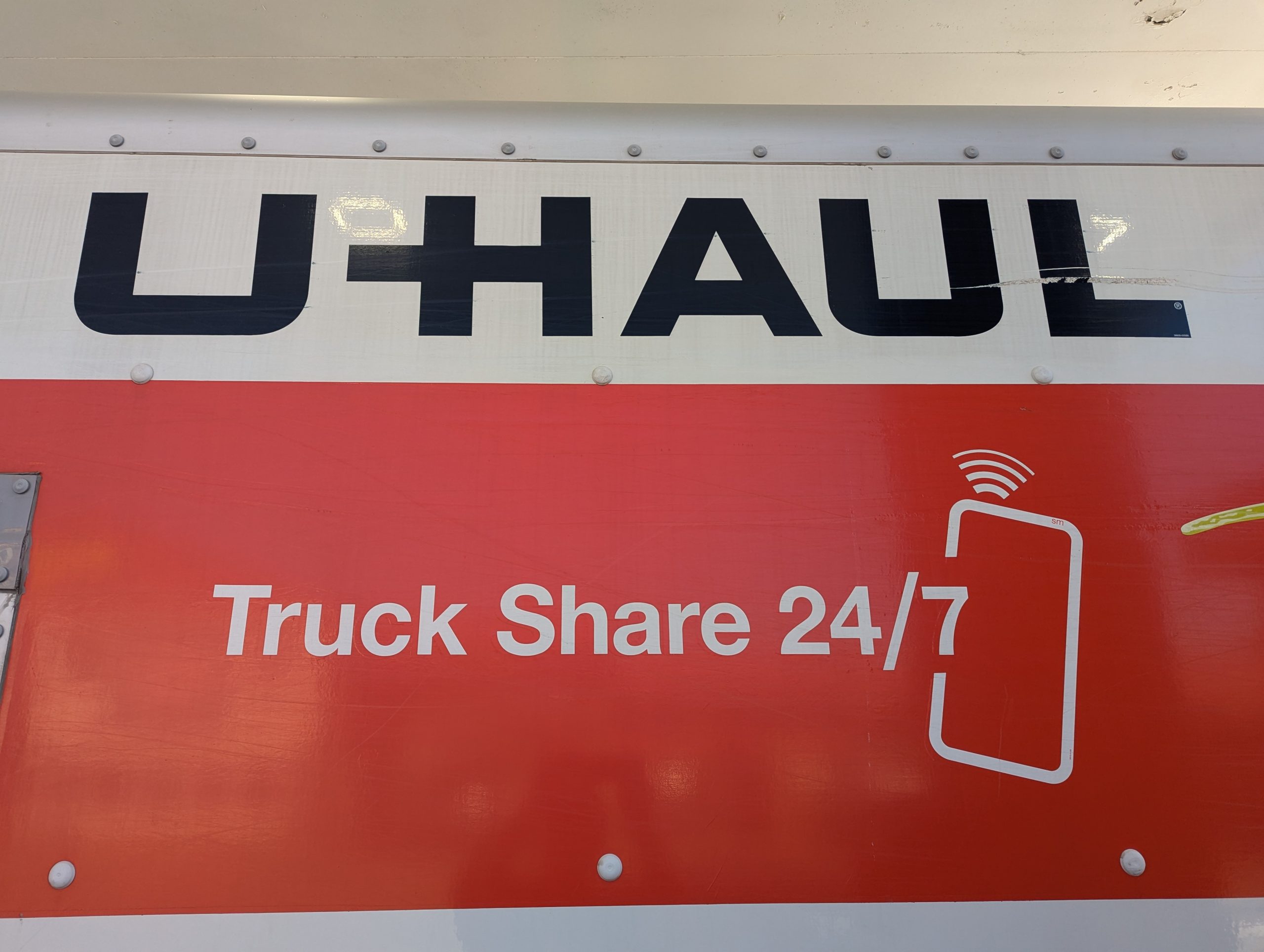When renting a U-Haul vehicle, customers are faced with a seemingly simple choice: refuel the vehicle themselves or opt for a service like EZ-Fuel. However, the simplicity of this choice masks a complex, profit-driven policy that many argue is fundamentally unfair to consumers.
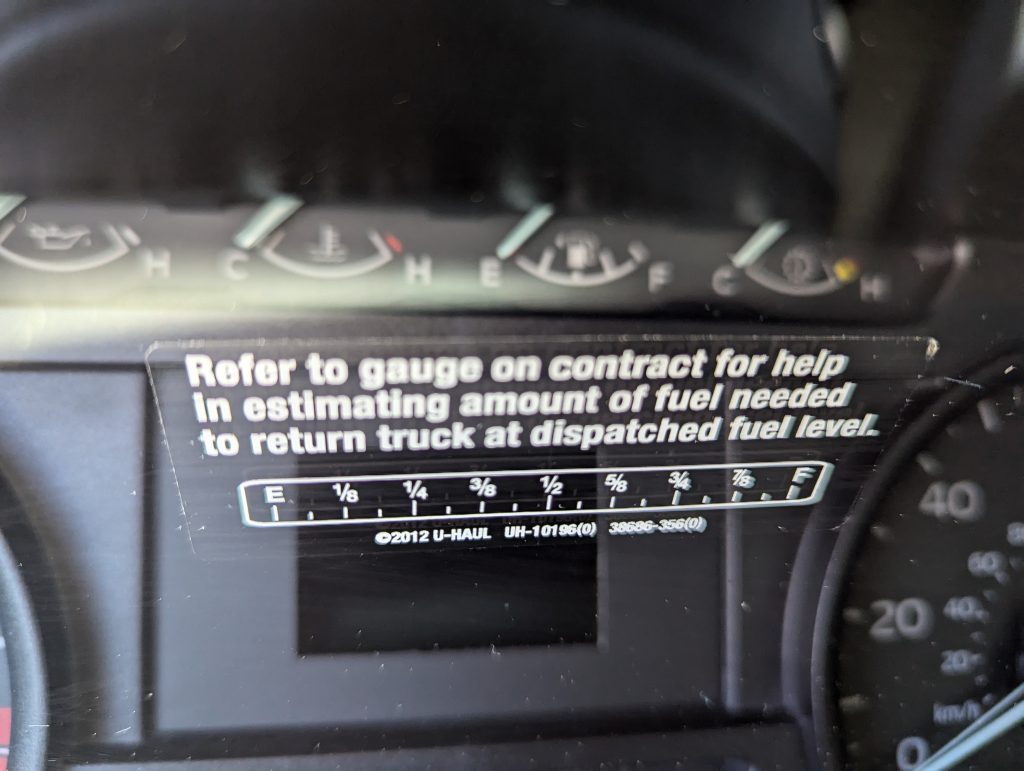
At the core of the issue is the requirement that vehicles be returned with the exact same level of fuel as when they were picked up, as dictated by a rental contract. This contract includes a fuel estimator designed to guide customers on how much fuel to add to match the initial level. Despite its intended purpose, this tool often leads to discrepancies and additional charges that seem to disproportionately benefit the rental company rather than the customer.
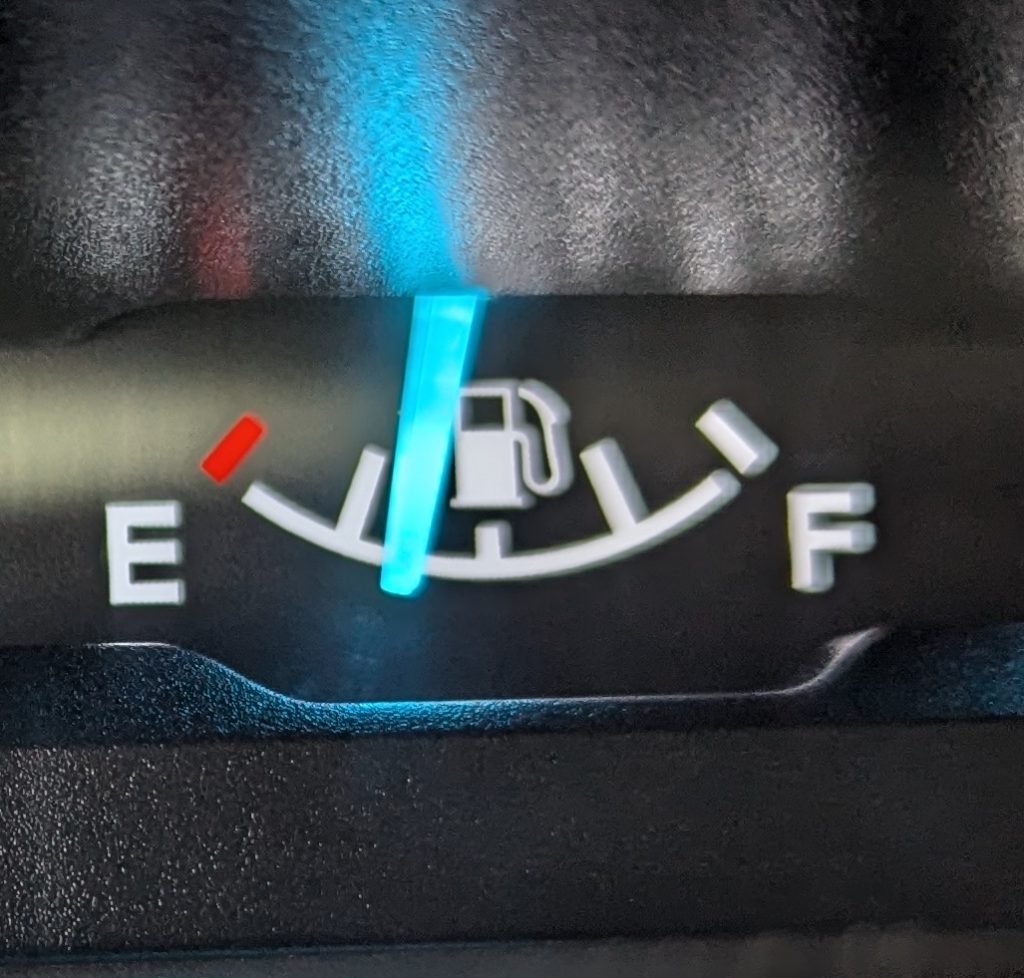
Consider the experience of a customer who refueled a rental van only to find themselves charged an additional fee for allegedly not meeting the required fuel level. Despite providing a receipt proving the purchase of fuel and ensuring the gauge read “full,” the company insisted the vehicle did not pass a “visual inspection” and charged a hefty fee. The reliance on inaccurate and unreliable fuel gauges as a measure for imposing additional fees seems unjust.
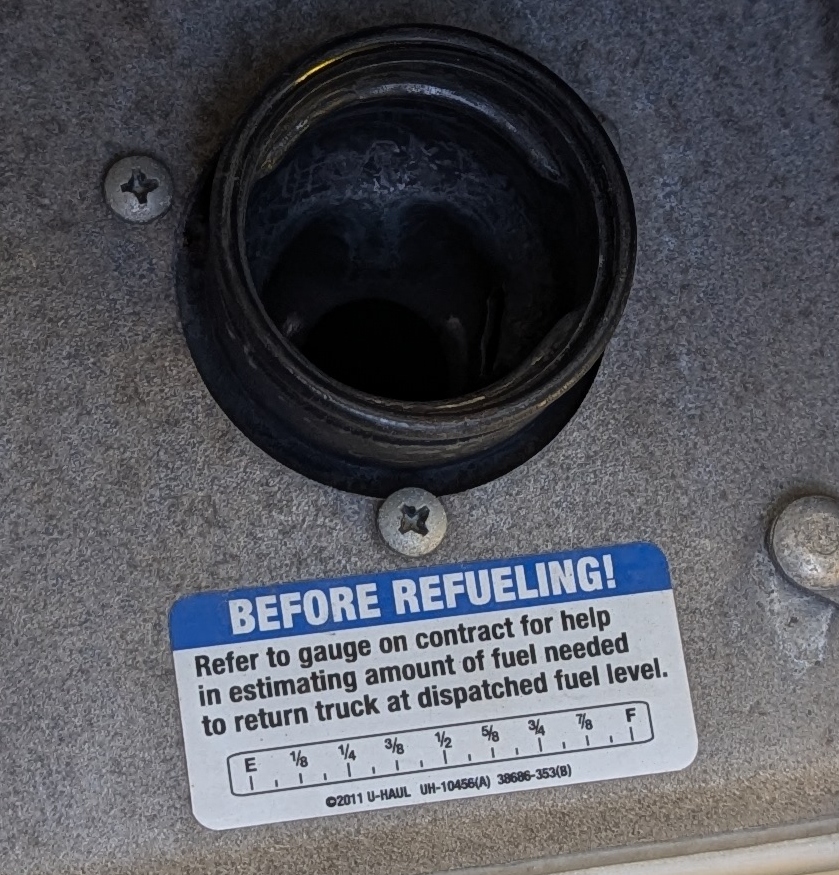
This method of measurement, based merely on a visual check of a notoriously imprecise gauge, sets up a no-win scenario for customers. If the fuel gauge reads slightly less than required, a substantial fee is levied. If it reads more, the customer has effectively donated free fuel to the company, with no compensation. Such a system seems designed to tilt the scales in favor of the rental agency, ensuring profit from nearly every transaction involving fuel.
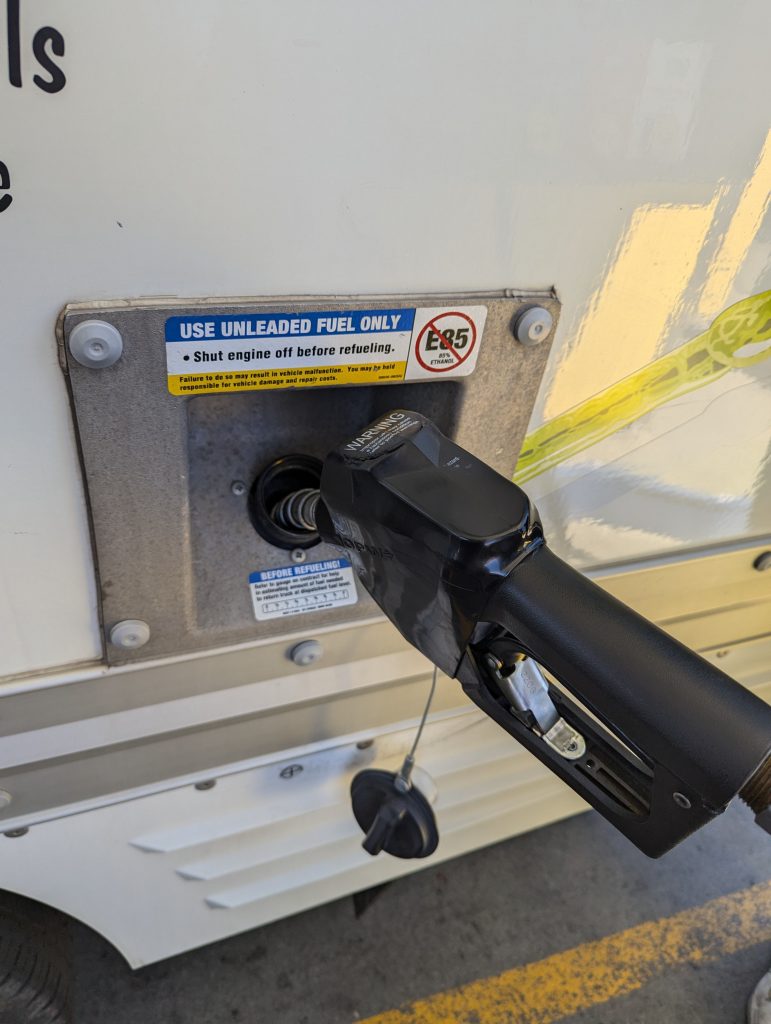
The use of these inexact measures by rental companies is not just a minor inconvenience but a significant financial burden on consumers. Experts in the field of vehicle weights and measures have pointed out the inherent inaccuracies in fuel gauges, noting that various factors like vehicle angle or the simple act of turning the engine on and off can alter the reading. The gauges move based on floats in the tank, and they can occasionally stick ending up in customers donating fuel to the company.
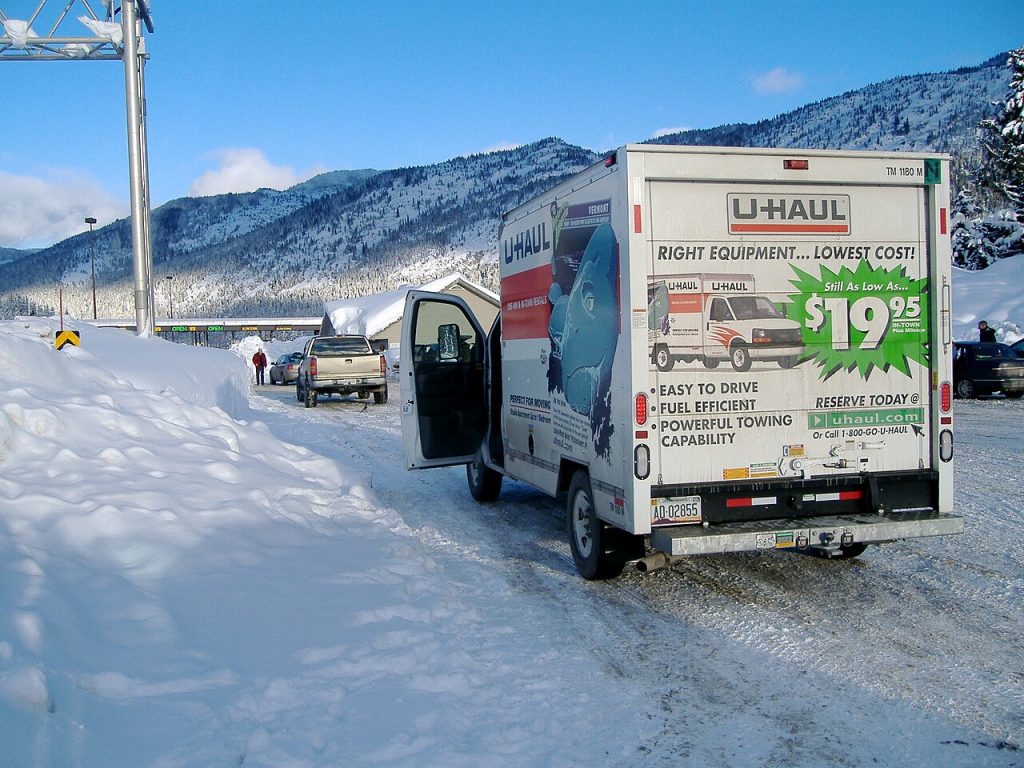
The policy of not having tanks full at pickup forces customers into a guessing game about how much fuel is actually needed, further increasing the likelihood of discrepancies and, consequently, unfair charges. A more equitable system would involve filling the tanks to full, eliminating the guesswork and reducing potential disputes over fuel levels. Not to mention the stress involved in picking up a rental vehicle without a full tank.
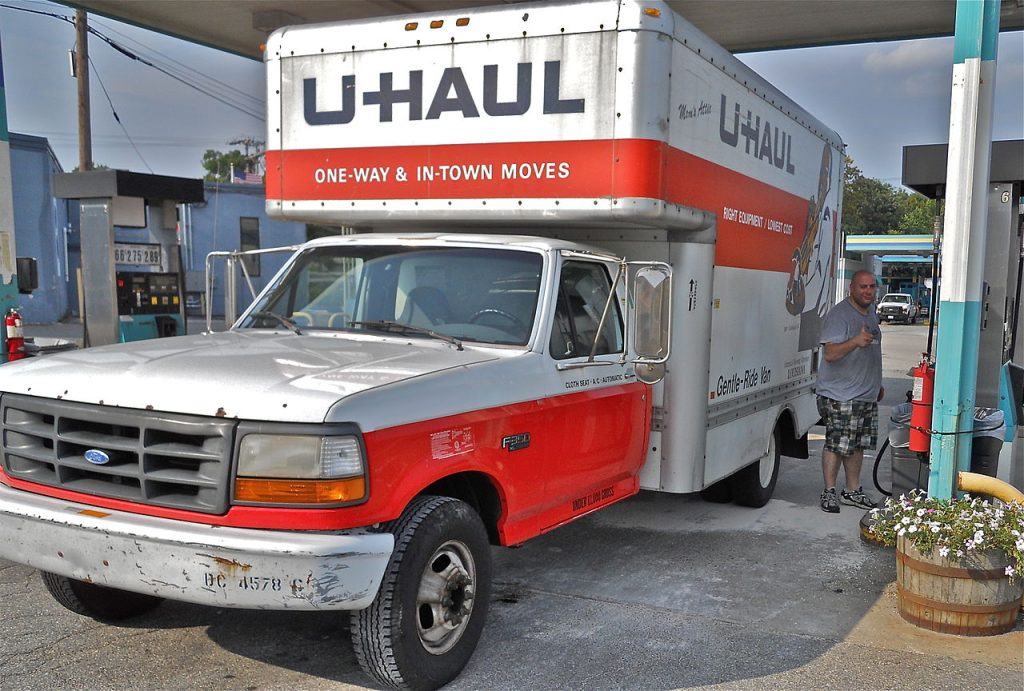
Consumer complaints and even court cases have surfaced over these issues, with some customers seeking legal recourse against what they see as deceptive practices. These cases highlight a growing dissatisfaction with current policies and call into question the fairness of charging customers based on such an unreliable and imprecise system.
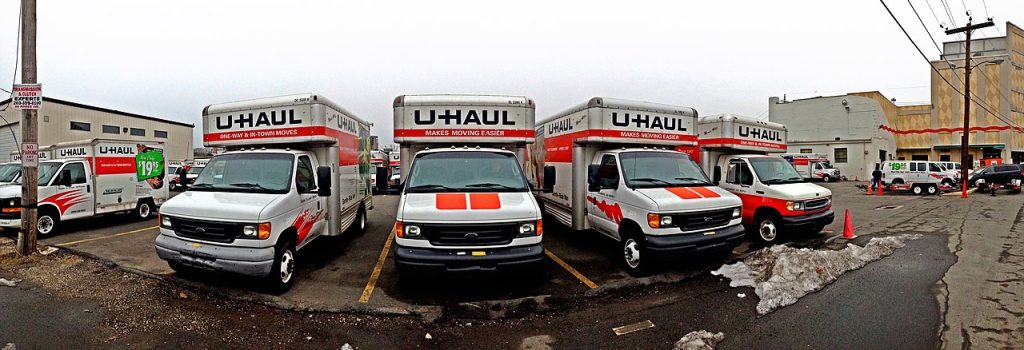
Given the volume of grievances and the nature of the complaints, a class action lawsuit may be on the horizon if the company continues its current practices. This potential legal action could represent a significant challenge to the company, pushing it towards adopting more transparent and fair measures in dealing with fuel charges.
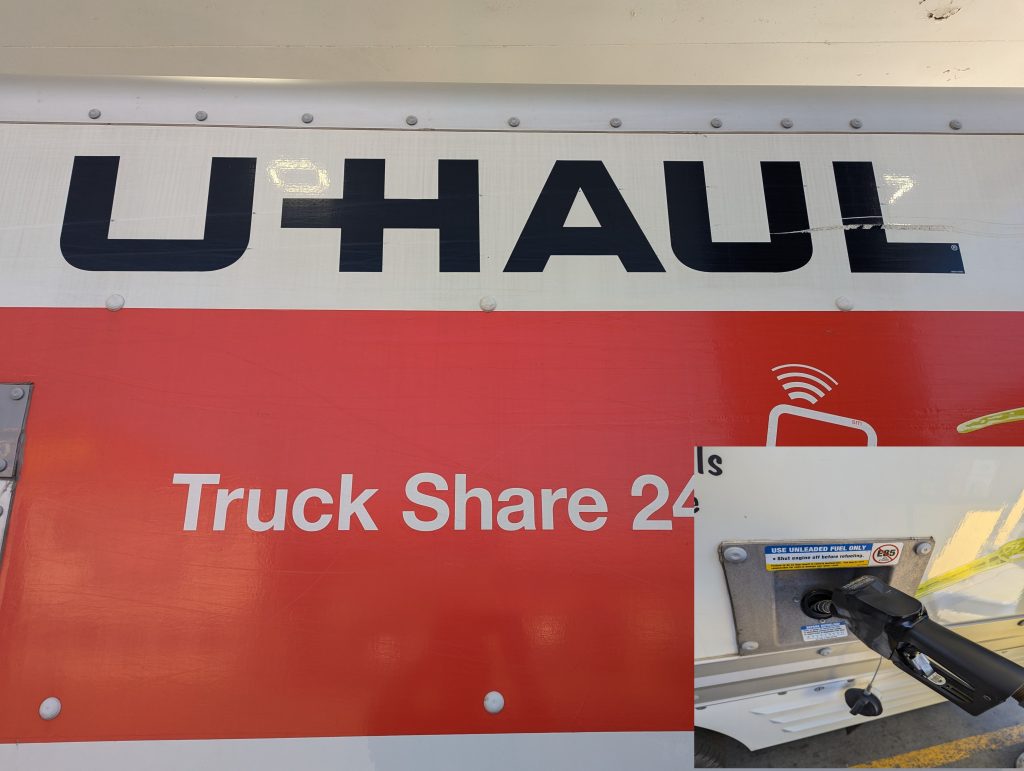
While rental companies like U-Haul maintain that their fuel policies are standard industry practice, the reality experienced by many customers tells a different story. It’s a story of frustration, unnecessary expense, and the feeling that these policies are less about fairness and more about profit. As consumer awareness grows and more seek accountability, perhaps it’s time for a shift towards more transparent and customer-friendly practices in the rental vehicle industry.

